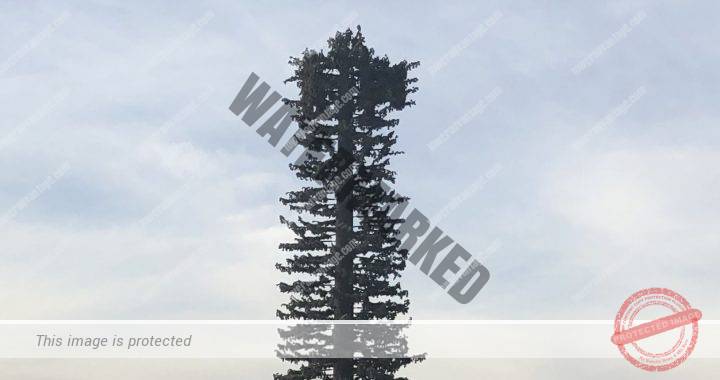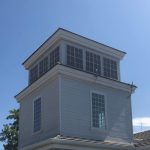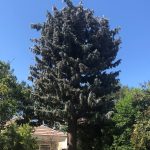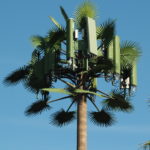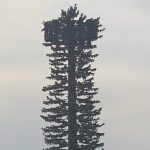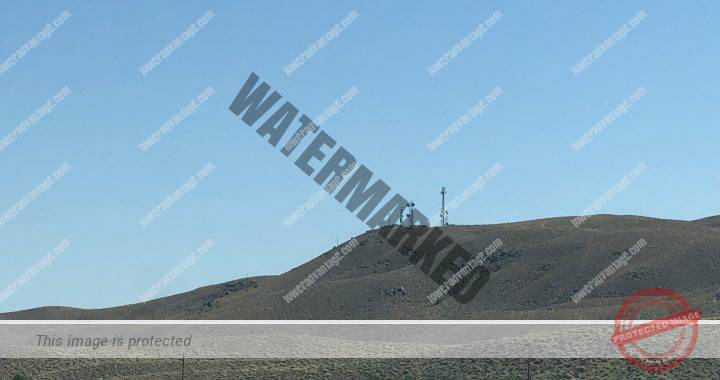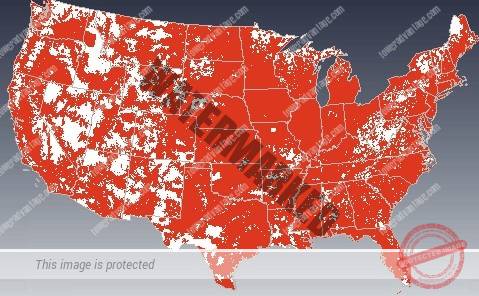As you may have seen, there are many different types of cell towers that exist. This article will provide you with more information on the various kinds that you can find in the world today.
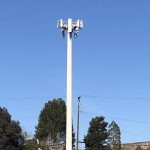 Monopole
Monopole
A monopole is a cell tower that is approximately 50 feet to 200 feet in height. It is one large pole and it is one of the most common tower structures. As with all types of cell towers, a monopole can have more than one wireless carrier transmitting from it.
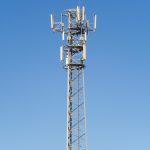 Lattice Tower
Lattice Tower
A lattice tower is commonly referred to as a self-support tower and is usually between 200 feet to 400 feet tall. These are easy to spot since the framework consists of support bars that cross. The Eiffel tower is probably the most famous example of a lattice tower.
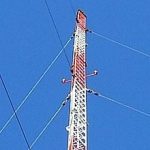 Guyed Tower
Guyed Tower
A guyed tower is the cell tower structure that can reach the highest with wires that anchor it from different heights to the ground. These tower are normally start at 300 feet and can reach well above 1,000 feet. Due to the anchoring required, these towers require larger areas of land.
Stealth Tower
The stealth cell site is one that has many variations, including towers that look like trees, flag poles, etc. In the example to the left, the antennas are concealed in the top floor of this clubhouse building inside the dark windows. Many municipalities now require stealth towers to minimize the aesthetic problems that towers can create.
Stealth Tower (Broad-Leaved Tree)
This stealth tower is designed as a broad-leaved tree to camouflage the antennas. It is very difficult to distinguish the transmitting equipment from the rest of the structure on this type of tower. With any stealth tower, there also needs to be ground equipment that is normally protected in some type of structure, whether a shed or small building.
Stealth Tower (Palm Tree)
The stealth cell tower designed to look like a palm tree can be seen primarily in the southwest United States. Although the these particular types of tree towers do not hide the antennas as well, unless you are looking for them, they still blend in to the surroundings fairly well.
Stealth Tower (Pine Tree)
The picture to the left is an example of a stealth tower built to look like a pine tree. Since these trees have “leaves” almost the entire length of the tree, this type of tower can also have more than one wireless service provider’s antennas. However, the tree pictured has only one set of antennas which means only one cell tower tenant.
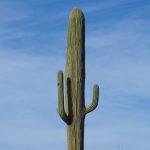 Stealth Tower (Cactus)
Stealth Tower (Cactus)
In addition to the other types of camouflaged cell towers designed to look like trees, they can also be made to look like a cactus. The antennas are on the inside of the structure so they are not visible at all. Sometimes, the only way you would recognize them as a cell tower is because they have a fence around their base.
 Stealth Tower (Water Tower)
Stealth Tower (Water Tower)
Yet another type of stealth site is one that is built to look like a water tower. The bottom portion is built with a four-sided lattice-type structure. The antennas are hidden inside the water tower portion so the cannot be seen as in some other stealth structures. Again, the base of the tower will have a fence, but so do most actual water towers.
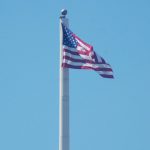 Stealth Tower (Flag Pole)
Stealth Tower (Flag Pole)
Cell towers can also be built to look like flag poles. Although they are thicker than a regular flag pole, they are very difficult to notice as being actual cell sites. The antennas are housed completely within the structure and, the best part, an American flag is flapping in the wind on the outside.
 Stealth Tower (Signs)
Stealth Tower (Signs)
Cell tower antennas can also be placed within the structure of signs. In the example on the left, the supporting pillars are made to conceal the cell tower equipment. Many of these types of cell sites can be seen next to busy highways and freeways.
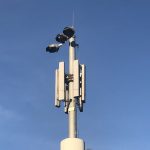 Light Pole
Light Pole
If you have ever been to a city park, or a high school football game, you have seen these kinds of cell towers. There are also versions that are built on street light poles as well. The best part is that these structures are multi-functional and can provide schools and municipalities with extra revenue.
Contact Tower Advantage for more information on the
various types of cell towers and for your free consultation.
(833) MY-TOWER
(833) 698-6937
![]()

